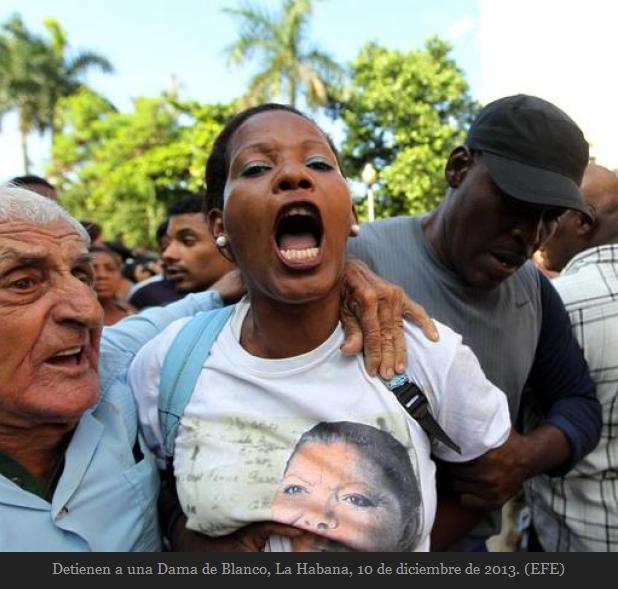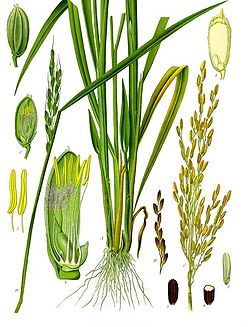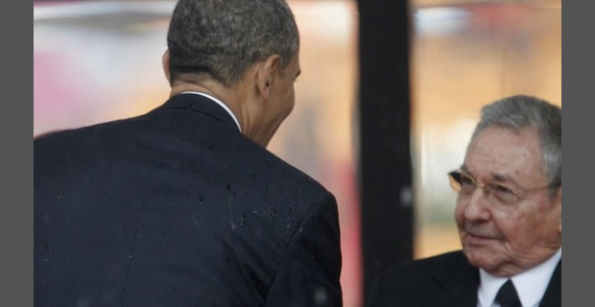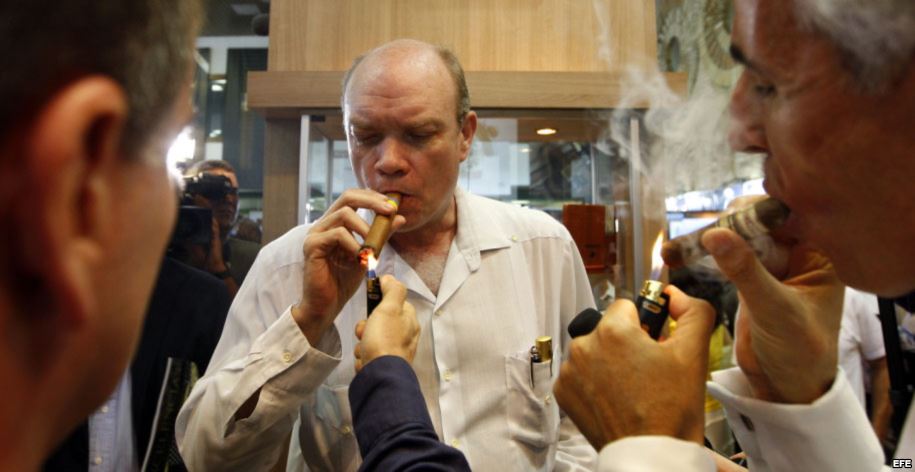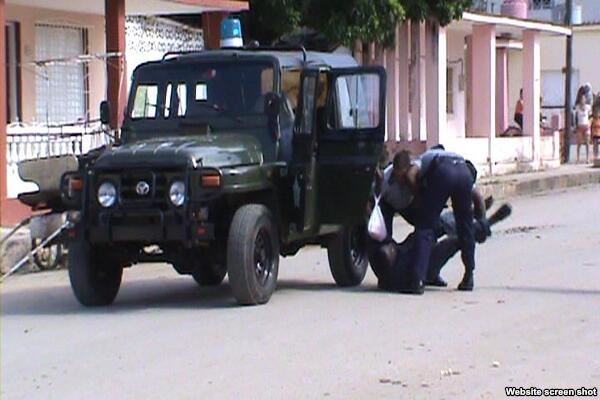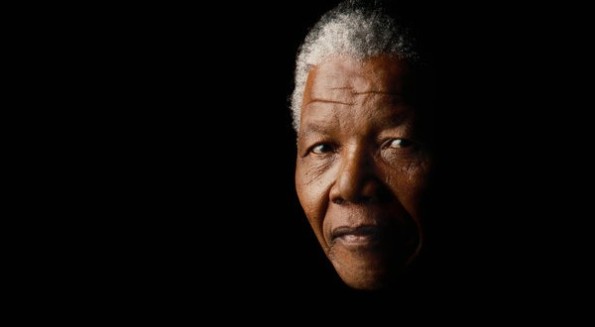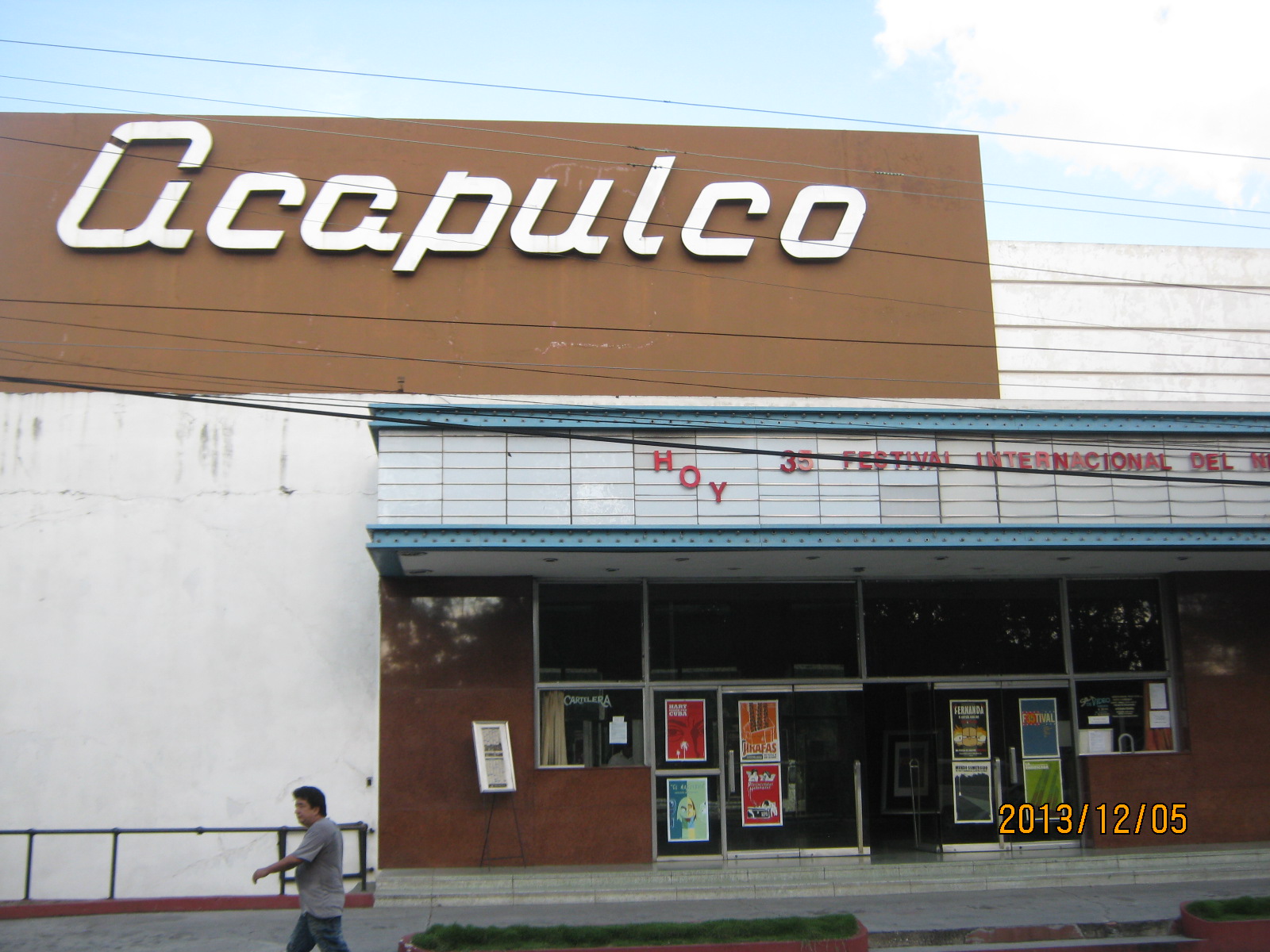
The first time Juan Carlos saw a Christmas tree, he was 43-years-old and working as a bricklayer inside the house of a top counterintelligence officer.
“That was 19 years ago. Those were the harsh years of the so-called Special Period. People had nothing to eat. Avocado was a luxury and a pound of rice was 60 pesos. Due to all sorts of vitamin and nutritional deficiencies, men and women succumbed to illness and some even lost their natural teeth. Back then, I was a civilian worker for the Department of the Interior and our crew was asked to work on painting and remodeling the home of a State Security bigwig. The guy was living at full throttle luxury. His kitchen was a quarter size bigger than the tenement room where I was living. That was the first place I ever saw a Christmas tree.
Cubans are not atheists or Muslims. No, sir. Before Fidel Castro’s autocratic regime, the poor and rich celebrated Christmas if on different budgets.
The same could be said for Three Kings Day (Epiphany), and Easter celebrations. But our radical commander launched a crusade against reproducing the slightest hint of the bourgeois lifestyle. He opened fire on the Church, on free thought and on abstract painting. Down with the Three Kings. Now, our New King Magus dressed in olive green fatigues.
In 1959, Fidel climbed aboard an aircraft and made it rain toys for children of the Sierra Maestra who’d never owned such a thing. But in one fell swoop, by the end of the 60s, he eliminated all mom and pop shops and Christmas.
Gustavo, a 72-year-old retiree, remembers, “Only New Year’s Eve parties were left standing, and even those came to be used to celebrate the anniversary of the Revolution. The pretext used to eliminate Christmas and the Carnivals of February was that such events shut down sugar cane production. In his madness, Castro had invested all of Cuba’s resources to attempt the production of ten million pounds of sugar per year. The effort failed. Cuba’s economy payed dearly for such folly.
Just like the State openly frowned on the Afro-Cuban and Catholic religions — Castroism was the only acceptable religion — Christmas had to be suspended until further notice. Of course, you can’t really change anyone’s beliefs by edict.
“Some neighbors would very discretely place Christmas trees in their family rooms. They’d also shut the windows so neighborhood whistleblowers who patrolled for the Committees for the Defense of the Revolution (CDR) couldn’t see any of the tiny Christmas lights. When pig was roasted, the aromas were carefully masked and Christmas Carols were barely audible,” reported Aida, a 69 year-old housewife.
It was a long journey through the desert. Even parties had to be authorized by the state. The government tried to micromanage every detail of your life.
To avoid being singled out as a counterrevolutionary, you had to attend political meetings and participate in government parades. If you aspired to housing, a Soviet TV or an alarm clock, you had to list accumulated merits in the workforce and enumerate your revolutionary accomplishments.
You gained points if you’d fought in Angola or Ethiopia, if you were militia, if you worked lots of volunteer hours, and if you could quote good chunks of the Maximum Leader’s (Fidel’s) speeches by heart.
You lost points, if you owned a Bible, went to church, got mail from relatives in Miami, listened to the Beatles or Led Zeppelin, liked Levis blue jeans; with these characteristics you did not qualify to buy an Inpud refrigerator or two-speed Karpaty motorcycle.
To blacklist you, any envious neighbor or political extremist could turn you in to Special Services if you were caught celebrating Christmas or giving your kids any toys on January 6 to celebrate the day the Three Kings (the Three Wise Men) arrived at Jesus’ manger.
To keep himself in power, Fidel had to do all kinds of ideological backflips. In Europe, the Berlin Wall had fallen, and the U.S.S.R. — the mecca of Communist looney wards — had disappeared. Somehow, he had to cling to whatever branch could sustain him.
The regime eventually sealed a pact with a docile Catholic Church. People who once professed a belief in Yoruba syncretic spiritualism (Santería) again nailed old and familiar amulets on their doors.
In December 1997, Pope John Paull II visited Cuba and Christmas returned.
But all along, the official Nomenklatura never stopped celebrating Christmas if you take into account all the roast pork, all the traditional sweet Spanish nougat and all the wines consumed.
Maybe those folks could indulge because they thought of themselves as being above the rest.
Iván García
Photo Credit: Front cover of winning lottery number sporting a Criollo Christmas image and published in the magazine Carteles in 1959. Up until 1959, we had Christmas cheer on the Island. You could find the popular A Cuban Merry Christmas postcard celebrating the Cuban book and reading fair, and the advertising sign for A Boy’s Cuban Christmas printed by the Ministry of Culture and with pictures of the Three Magi done by René Portocarrero. The Book of Cuban Recipes, launched for Christmas and edited by the Ministry of Education, carried a special introduction: “This Christmastime, a book of traditional Cuban recipes was especially created so every young city-dwelling housewife can come to know and enjoy the traditional cooking that forms part of our national heritage and still endures in various parts of the country.”
But during the 60s, Christmas started to disappear from the life of Cubans, and only a few kept up with the tradition from behind closed doors (Tania Quintero).
Translated by: JCD and others
17 December 2013

